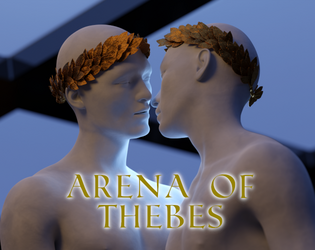Microsoft's recent foray into AI-generated gameplay, inspired by the iconic Quake II, has ignited a fiery debate across the gaming community. Utilizing their cutting-edge Muse and World and Human Action Model (WHAM) AI systems, Microsoft has crafted an interactive demo that dynamically generates visuals and simulates player behavior in real-time, without the need for a traditional game engine.
In this tech demo, as Microsoft explains, players can experience sequences reminiscent of Quake II, where each input triggers an AI-generated moment, mimicking the feel of the original game. This demo represents a pioneering approach to gameplay, showcasing the potential of AI to create immersive, responsive environments on the fly.
However, the reception to this demo has been overwhelmingly negative. After Geoff Keighley shared a video of the demo on social media, the response was swift and critical. Many gamers and industry observers expressed concerns over the future of AI in gaming, fearing that it could lead to a decline in the human creativity that defines the industry. Critics argue that AI-generated content might lack the depth and soul of human-made games, potentially reducing games to mere "slop" devoid of meaningful engagement.
One Redditor lamented, "Man, I don't want the future of games to be AI-generated slop," highlighting worries that studios might prioritize AI for its cost-effectiveness, sidelining human talent. Another critic pointed out Microsoft's ambition to build an entire catalog of AI-generated games, questioning the viability and desirability of such a move.
Yet, not all feedback was negative. Some saw the demo as a promising glimpse into the future of game development, acknowledging the impressive capabilities of AI to generate coherent and consistent worlds. A more optimistic commenter noted, "It's a demo for a reason. It shows future possibilities," suggesting that while the current demo may not be playable in a satisfying way, it could serve as a tool for early concept development and inspire further advancements in AI technology.
The debate over AI in gaming is part of a broader conversation within the entertainment industry, which has seen significant layoffs and is grappling with the ethical and practical implications of AI. Despite setbacks, such as Keywords Studios' failed attempt to create a game entirely with AI, major companies like Activision continue to explore AI's potential, as seen in their use of generative AI for Call of Duty: Black Ops 6 assets.
As the industry navigates these turbulent waters, the response from figures like Epic Games' Tim Sweeney and Horizon's Ashly Burch underscores the ongoing tension between technological innovation and the preservation of human artistry in game development.

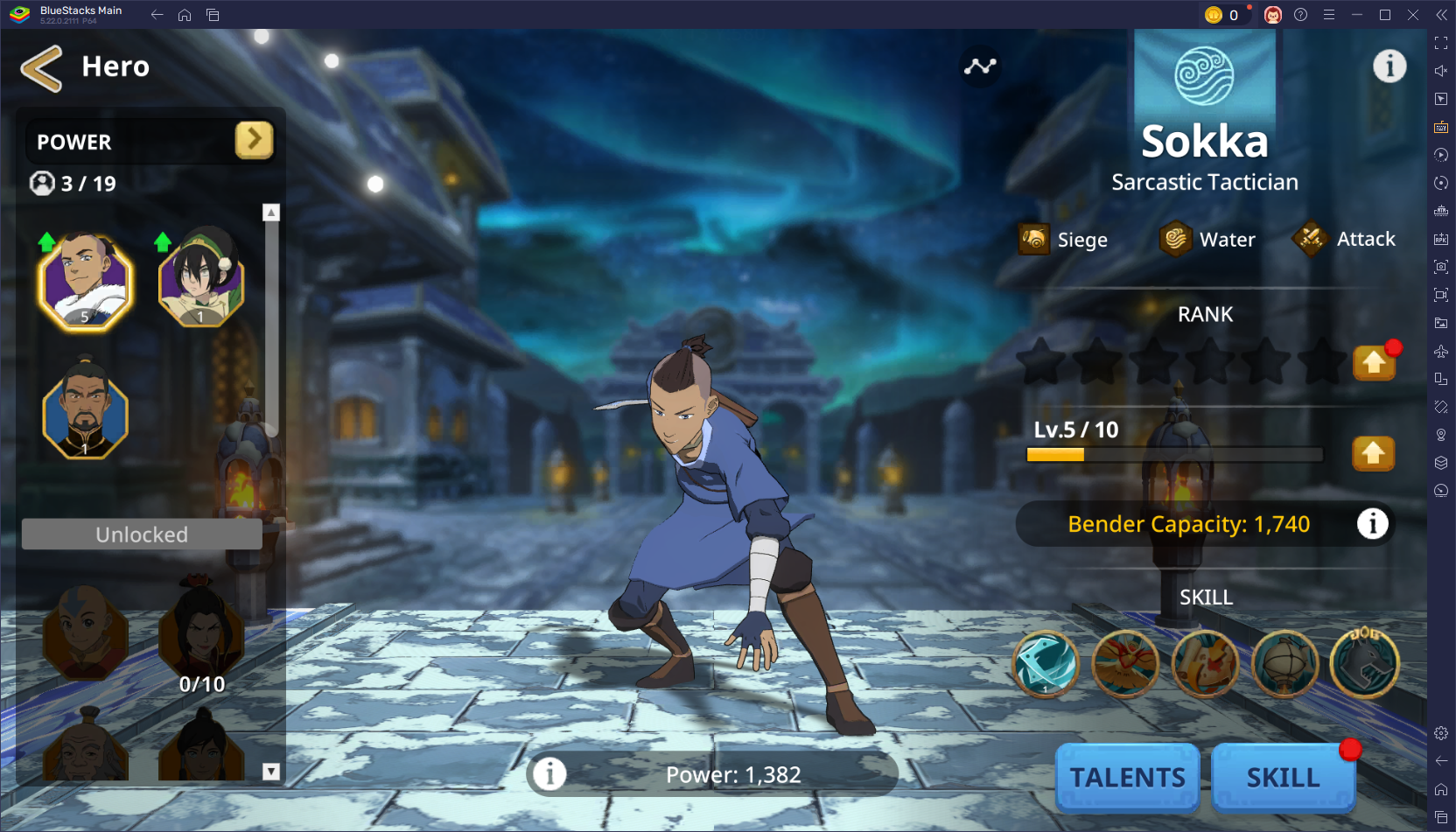


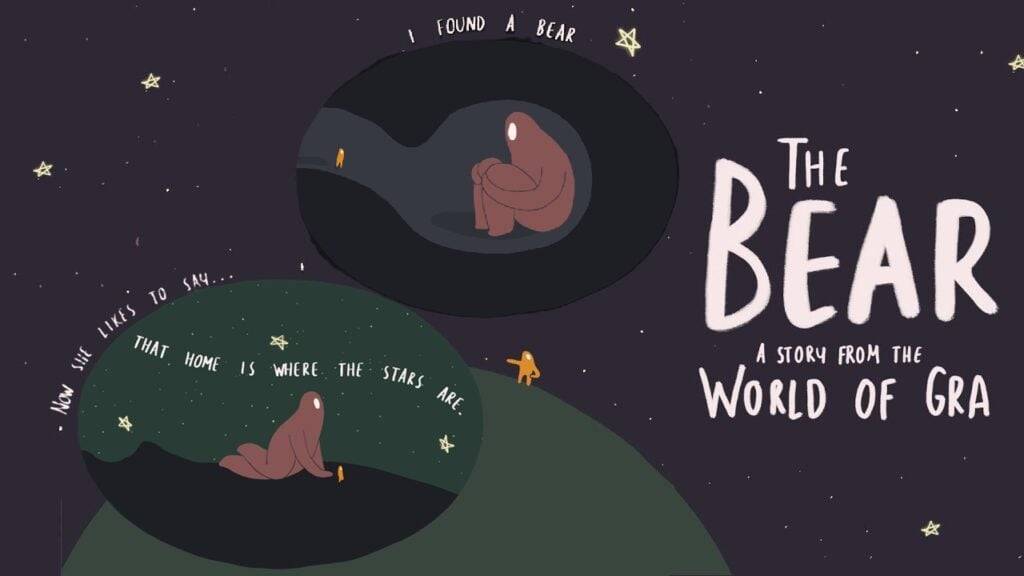
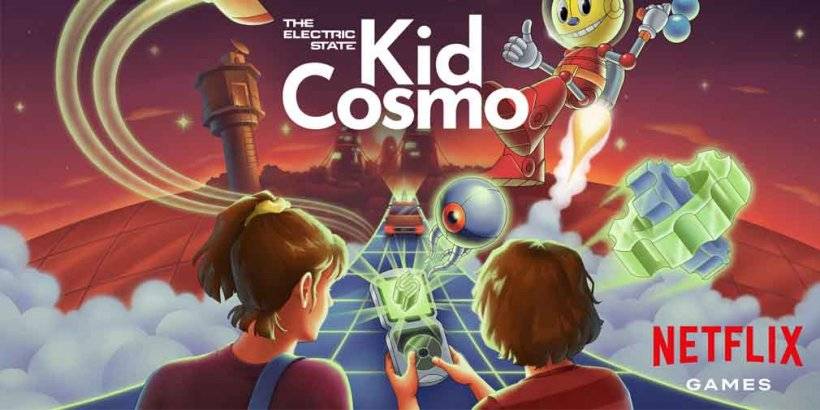













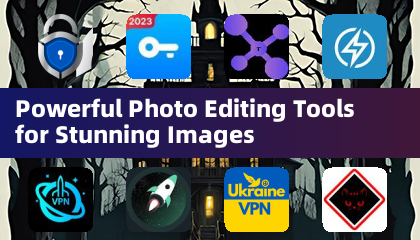





![City Devil: Restart [v0.2]](https://img.icssh.com/uploads/38/1719554737667e52b102f12.jpg)

